From ancient healing arts and 200-year-old tea traditions to complex cuisine and must-see festivals, there are myriad ways to immerse yourself in Sri Lankan culture during a trip to the island nation. Ahead, we’re highlighting five of our favorite ways to dive in and explore this cultural gem in the Indian Ocean.
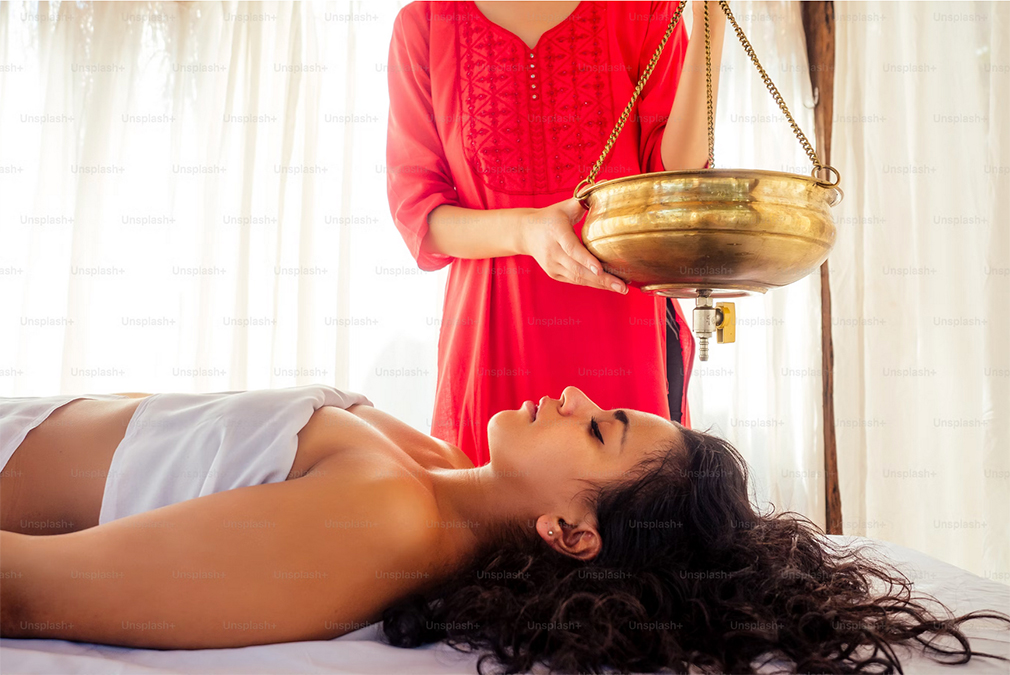
Find Balance with an Ayurvedic Treatment
Are you familiar with your dosha? In the practice of Ayurveda, the dosha is the energetic life force within you that determines not only your health, but your very personality. You can find out more about it in Sri Lanka, where the 5,000-year-old practice of Ayurveda—one of the world’s oldest holistic healing systems—still thrives, with packed herbal shops and Ayurvedic retreat centers to prove it. Getting an Ayurvedic oil treatment such as Shirodhara, where warm oil drips between your eyebrows for 30 to 90 minutes, is one way to dip your toe into this integral aspect of ancient and modern Sri Lankan culture.
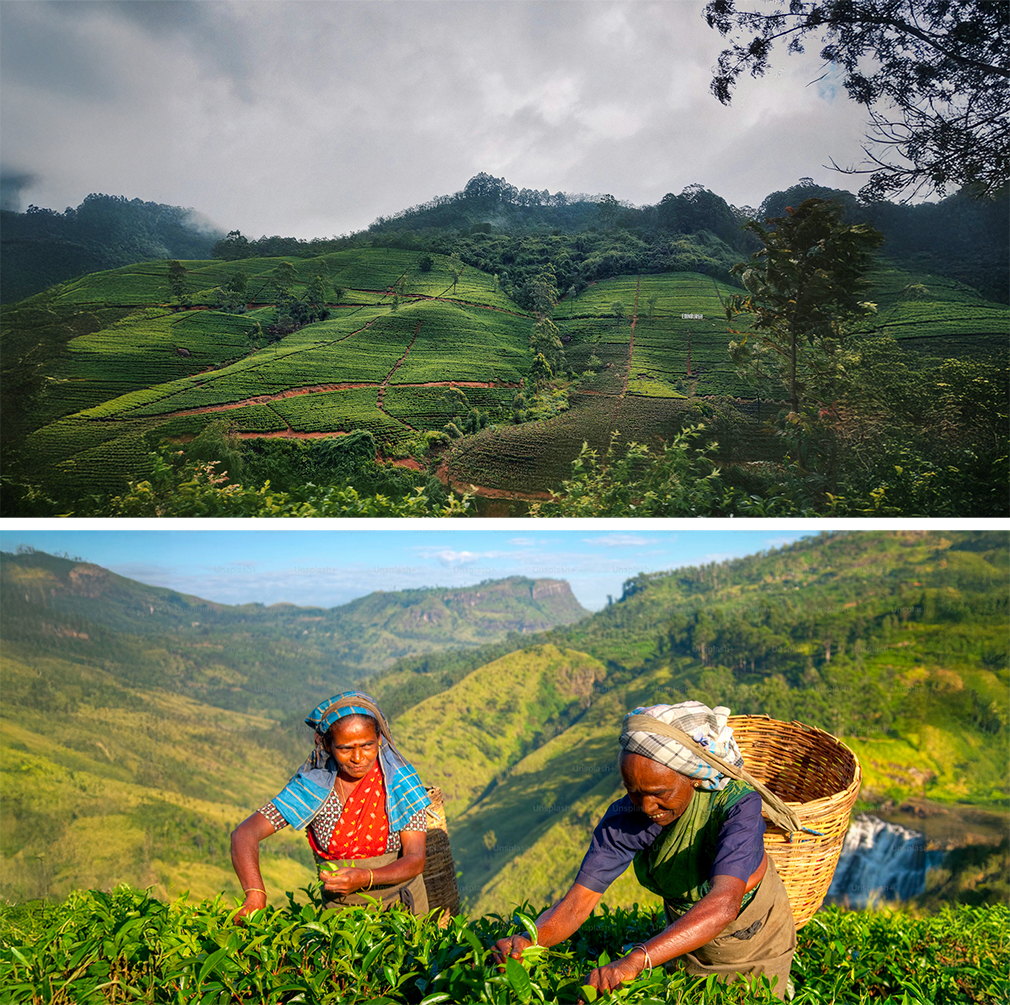
See and Sip with Sri Lanka’s Centuries-Old Tea Tradition
It was a Scotsman by the name of James Taylor who first brought tea to Sri Lanka, then known as British Ceylon, in 1867. While the criticism and caveats around colonialism persist, it’s true that tea has played a huge role in Sri Lankan culture and economy. As you tour the tea fields and factories in Kandy and Nuwara Eliya or taste your way through cups of Ceylon Silver Tips or Broken Orange Pekoe, ask questions and make an effort to patronize plantations and teahouses that are committed to the welfare of their workers.
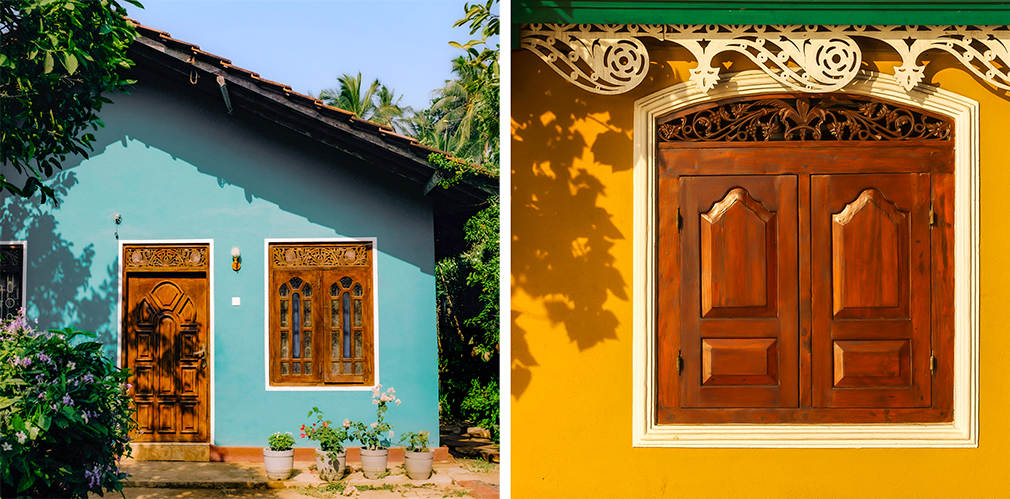
Opt for a Homestay Over a Hotel
Imagine waking up to the smell of pani pol (Sri Lankan pancakes rolled and stuffed with grated coconut and spices) coming from the kitchen, part of the feast your Sri Lankan amma is preparing for your breakfast, or catching the serene sounds, sights, and scents of the Muslim call to prayer, Buddhist blessing, or Hindu daily puja at the home altar. Like nowhere else on the planet, Sri Lankan households have their doors wide open. That’s because, since 2011, the Sri Lanka Tourism Development Authority has been actively developing the homestay economy all over the country, both to meet the growing demand for tourist accommodation and to ensure local communities actually benefit from an increase in tourism. So, go for a homestay instead of a hotel—you’ve certainly got plenty of options.
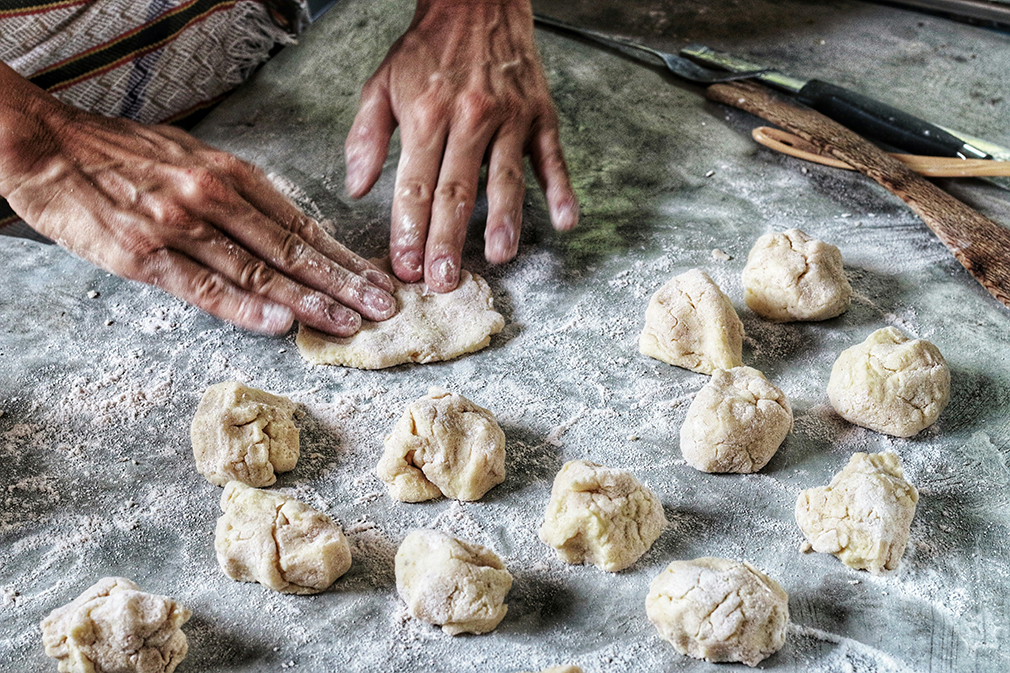
Don an Apron and Learn to Cook Sri Lankan Cuisine
If there’s one sin a traveler can commit in Sri Lanka—besides wearing shoes in a holy place— it’s not taking the opportunity to experience a Sri Lankan kitchen and learn the art and complexity of this coveted cuisine. Cookeries, as locals call their cooking schools, are everywhere. Many will teach you how to prepare a rice and curry, the Sri Lankan staple dish composed of at least 10 different curries. But some will teach you other dishes, like hoppers (fermented rice pancakes), dahl (lentil curry), kottu (chopped roti, stir-fried with vegetables and meat), or fish ambul thiyal (sour fish curry). The nuance in Sri Lankan cooking that makes it so special is the way its Sinhalese, Tamil, Muslim, and Dutch Burgher influences combine and create amid the literal spice garden that is Sri Lanka.
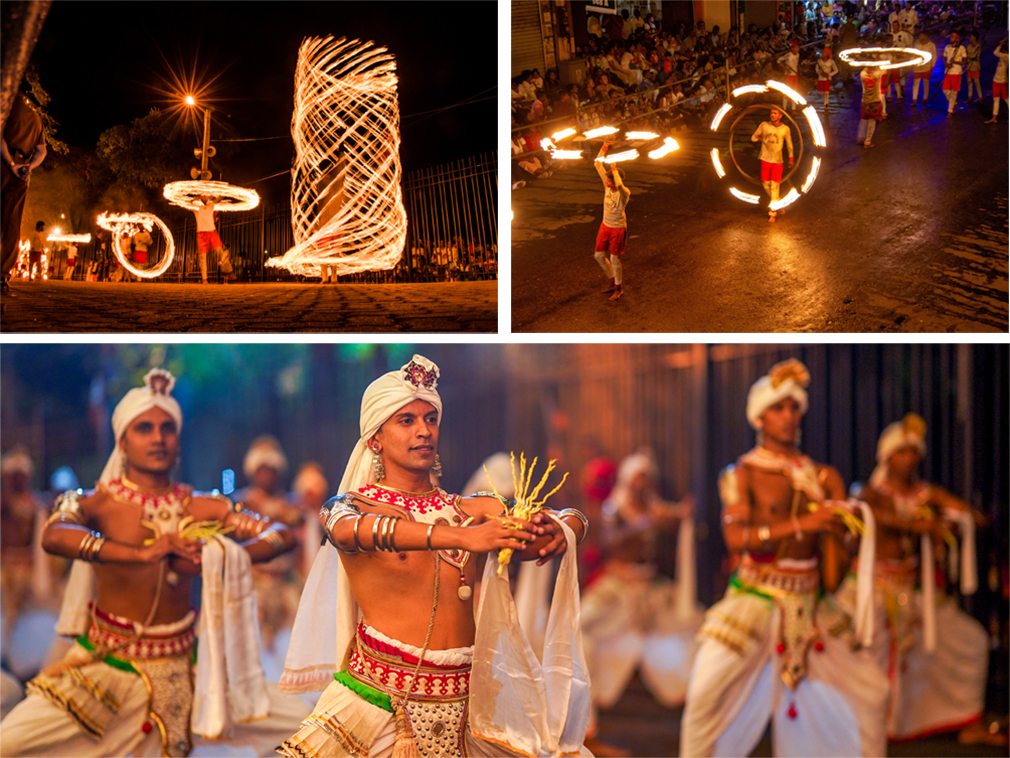
Time Your Trip for a Festival
Take your pick: Sinhala and Tamil New Year in April; the Vesak Poya celebration of Buddha’s birth, enlightenment, and death in May; the Hindu Aadi Vel Festival honoring the war god Skandha in July; or maybe Kandy’s theatric Esala Poya Perahera festival (Festival of the Tooth) in July and August? Each of these celebrations offers a wholesome glimpse into Sri Lanka through its depth and diversity of traditions, religions, beliefs, cuisine, and artistry. There are festivals literally every month of the year, so check the calendar and align your trip with at least one of them for a truly special Sri Lankan experience.









